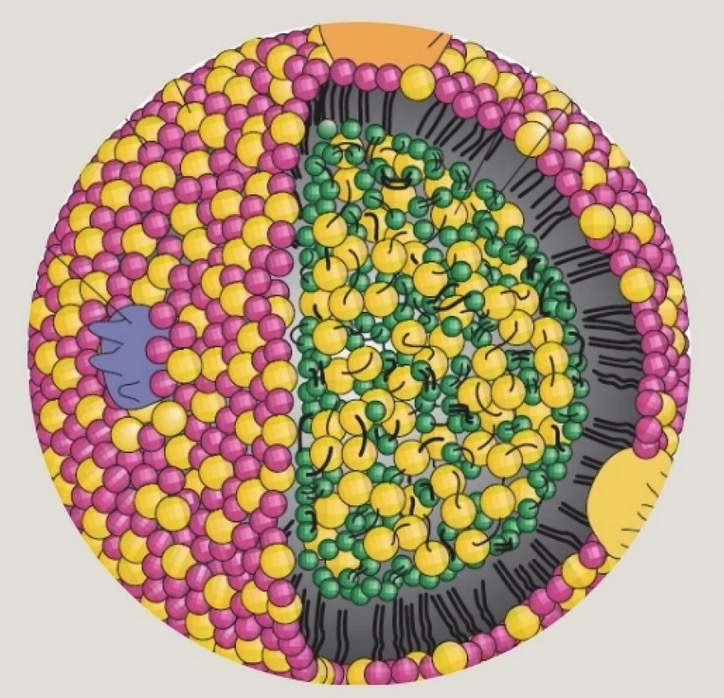Otto Warburg originally proposed that cancer arose from a two-step process. The first step involved a chronic insufficiency of mitochondrial oxidative phosphorylation (OxPhos), while the second step involved a protracted compensatory energy synthesis through lactic acid fermentation. His extensive findings showed that oxygen consumption was lower while lactate production was higher in cancerous tissues than in non-cancerous tissues. Warburg considered both oxygen consumption and extracellular lactate as accurate markers for ATP production through OxPhos and glycolysis, respectively. Warburg’s hypothesis was challenged from findings showing that oxygen consumption remained high in some cancer cells despite the elevated production of lactate suggesting that OxPhos was largely unimpaired. New information indicates that neither oxygen consumption nor lactate production are accurate surrogates for quantification of ATP production in cancer cells. Warburg also did not know that a significant amount of ATP could come from glutamine-driven mitochondrial substrate level phosphorylation in the glutaminolysis pathway with succinate produced as end product, thus confounding the linkage of oxygen consumption to the origin of ATP production within mitochondria. Moreover, new information shows that cytoplasmic lipid droplets and elevated aerobic lactic acid fermentation are both biomarkers for OxPhos insufficiency. Warburg’s original hypothesis can now be linked to a more complete understanding of how OxPhos insufficiency underlies dysregulated cancer cell growth. These findings can also address several questionable assumptions regarding the origin of cancer thus allowing the field to advance with more effective therapeutic strategies for a less toxic metabolic management and prevention of cancer.
Full Paper https://doi.org/10.1007/s10863-025-10059-w


To be clear this “theory” of cancer is not established science, and in fact is (IMO rightly) seen as dangerous, given his opinions on Chemo and Radiation. It seems to be a particular fixation of the lead author on this paper and is also promoted by Crossfit founder and sexual harasser Greg Glassman with his new health grift Metfix and its Broken Science Initiative.
Another source that evaluated his public positions:
Not every research paper is credible.
Pay attention to how everyone pushing this stuff are also just advocating for keto or “carnivore” diets in general. That’s one thing, I don’t agree, but its not harmful in the same way as claiming you can use diet to treat basically all cancers.
The two counterpoints you provide, are both from the same person - Dr. Grimes’ opinion
Bringing up ad hominem attacks against someone who didn’t author the paper doesn’t seem helpful.
I can’t find the full text of this opinion, do you know where I could access it?
Digging into Dr. Grimes objections (that I can see) - the strongest objection I’ve seen of his is that the warberg effect is only seen in 80% of cancers in vivo (100% in vitro). That is a interesting point for future research (the in vivo discrepancy), but hardly something that should condemn this line of research.
That is why this research is being published! It’s to speak to the oncologists! This is how medicine changes. Lay people are not the target audience here. There are, right now, practicing metabolic oncologists…
Indeed! Science doesn’t care about people’s opinions, the good Dr. Grimes may be correct, or incorrect, but his heart is in the right place. Science only cares about repeated results and falsifiable hypotheses - i.e. measurable outcomes.
The press-pulse protocol is being applied, right now, to patients with glioblastomas - its a area with some publications and ongoing studies (the longer the patients live, the longer the papers take to publish, and thats a good thing).
https://hackertalks.com/post/6939322 - Successful application of dietary ketogenic metabolic therapy in patients with glioblastoma: a clinical study - 2025
Dr Seyfried does not claim keto cures cancer! This paper says cancer produces ATP exclusively via glucose and glutamine pathways - its experimental data, so anyone who cares to can reproduce the results.
If you do want to look at the Dr. Seyfried’s treatment protocol, I recommend reading this paper:
You will see its far more then just diet! It is a protocol that requires a oncologist - its a metabolic state, and glucose / glutamine antagonists applied strategically.
A low glucose diet can be a adjunct to the current standard of care with zero extra risk to the patient. Glucose is not a essential macronutrient - https://hackertalks.com/post/8957737 - Confronting myths: relative and absolute requirements of dietary carbohydrates and glucose as metabolic fuels. - 2024